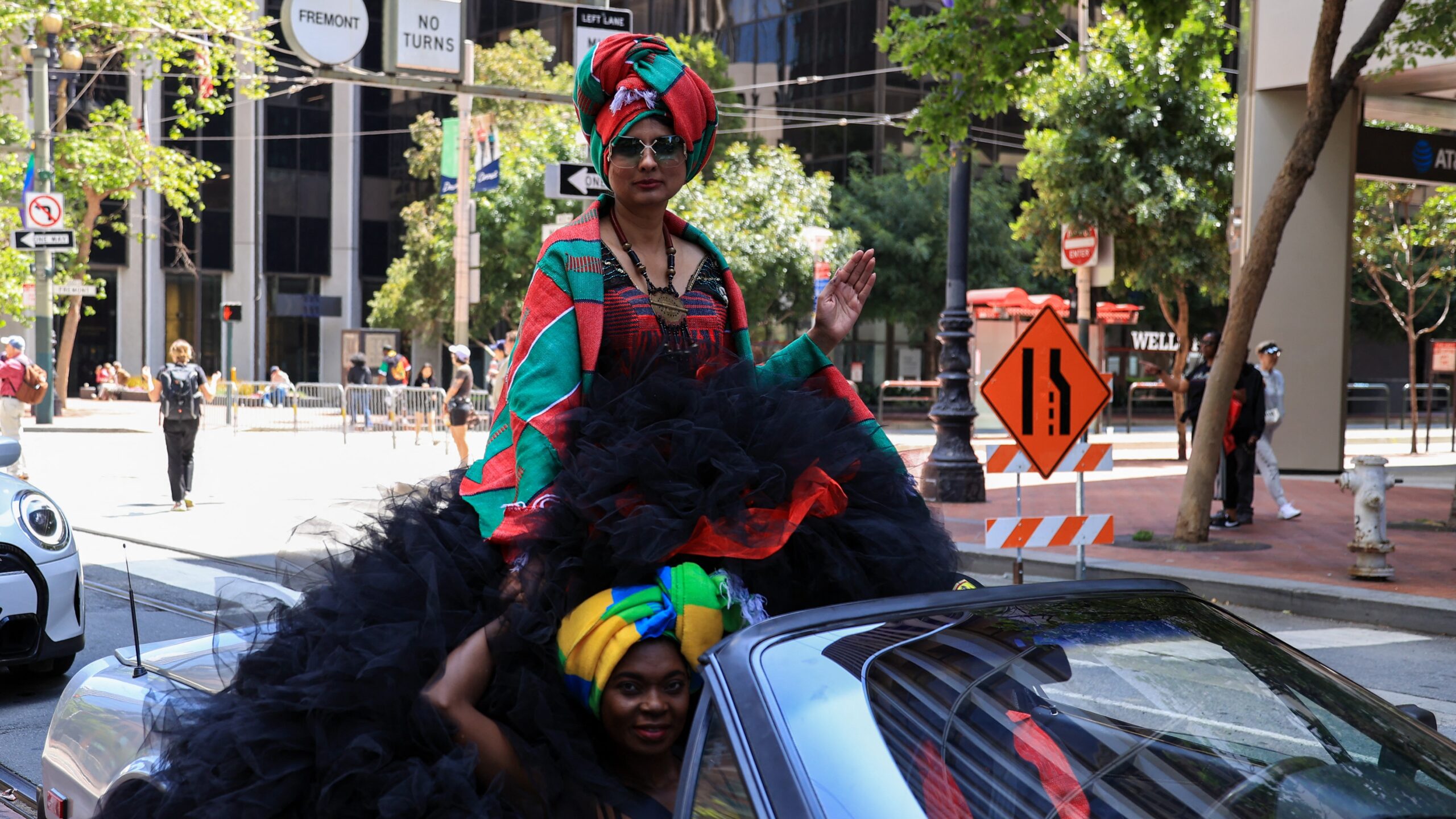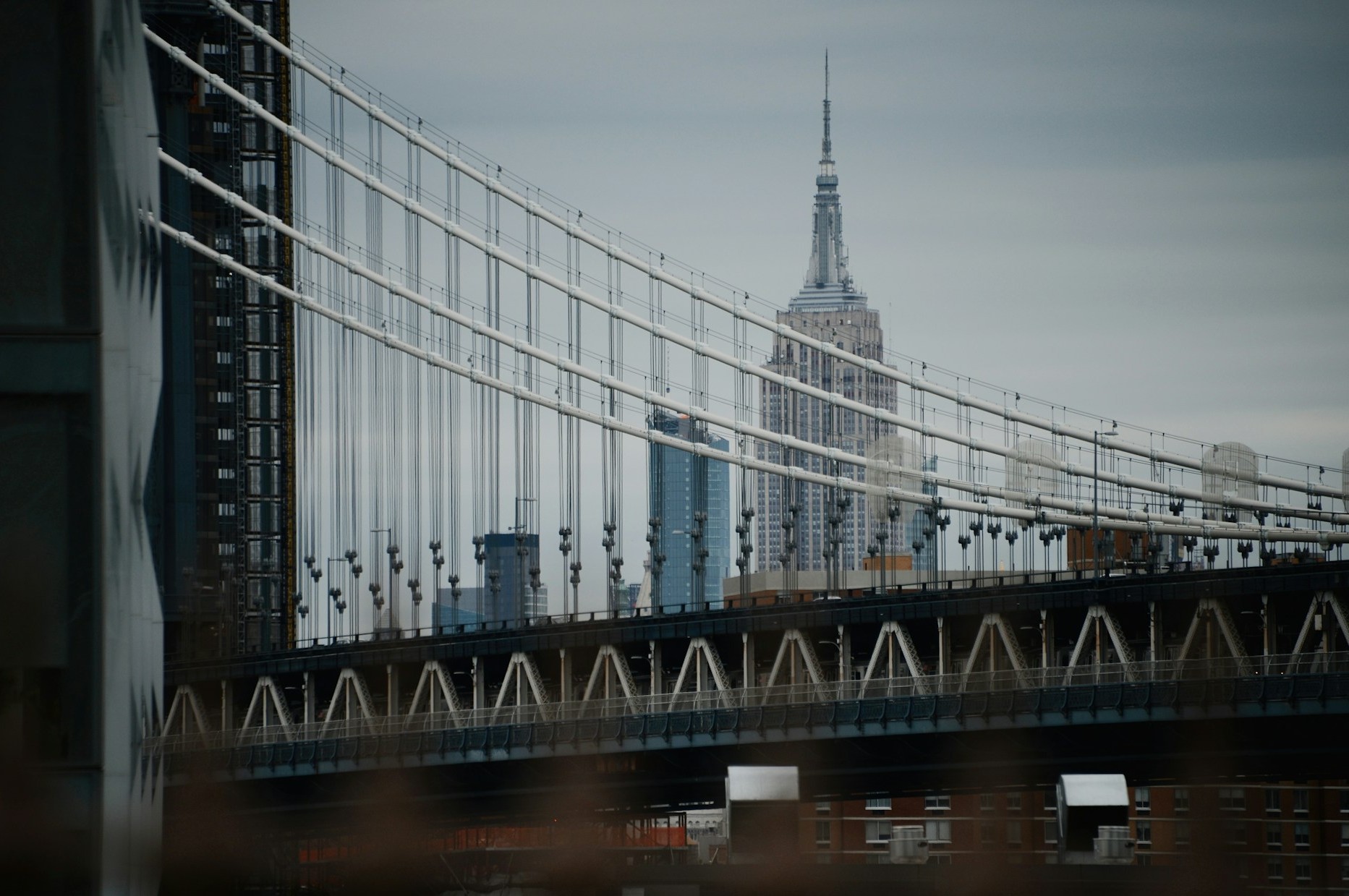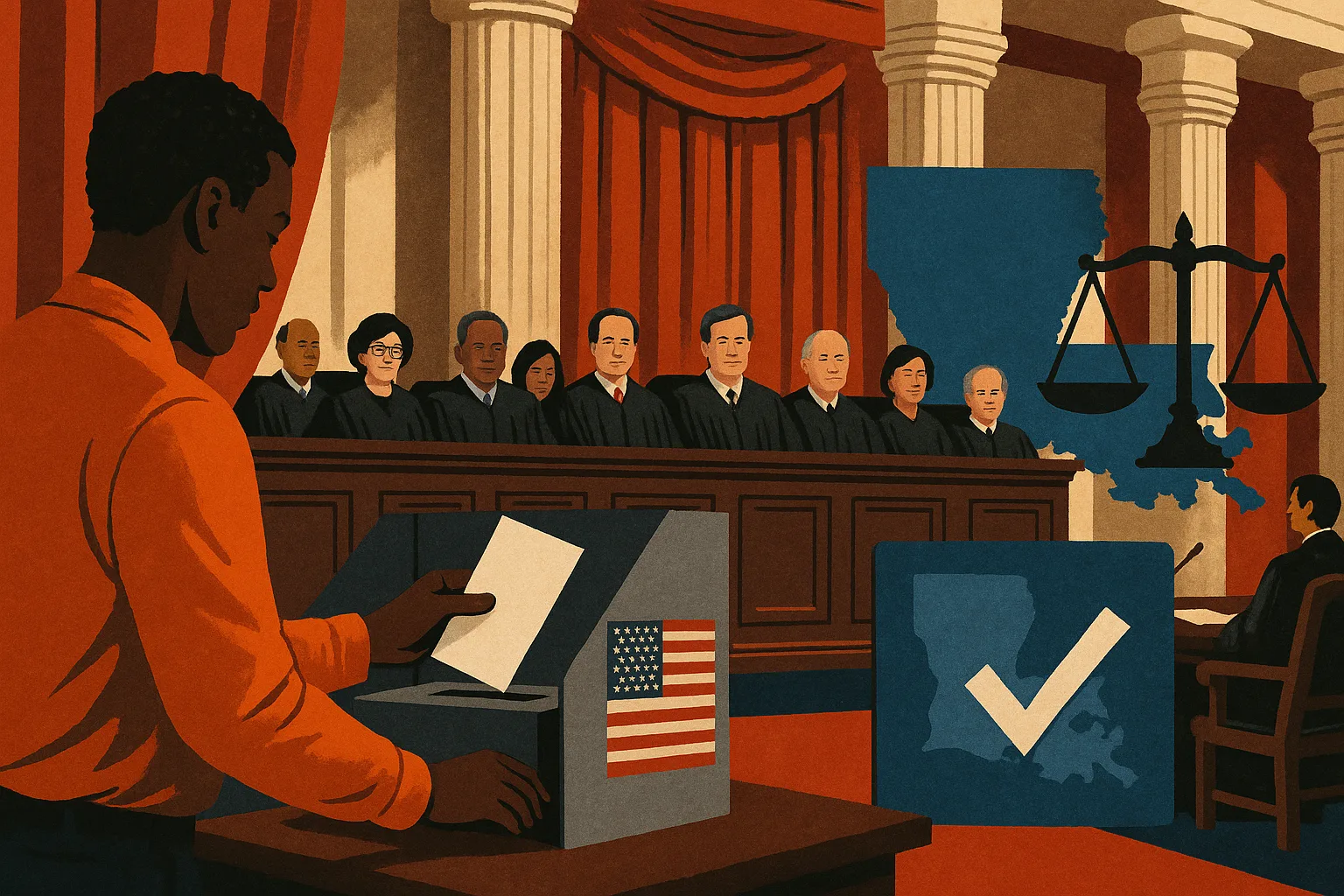- BlackVoter.Org
- Posts
- BlackVoter.Org
BlackVoter.Org


In a rapidly digitizing world, the integrity of American elections hangs by a thread. A new study reveals that nearly half of U.
S. voters, regardless of their political affiliations, doubt the fairness of elections amid rising cyberattack concerns.
Fear and uncertainty are fed by sensational news of cyber intrusions, creating a pervasive atmosphere of distrust. Particularly vulnerable are those who vote using digital machines; they experience a sharper decline in confidence when exposed to cyberattack reports.
Even unrelated cyber incidents can spark doubt, leading to a chilling effect on democracy. While advanced voting technology improves accessibility, it must be paired with transparency and public trust.
To fortify democratic resilience, election officials and civil society must prioritize educating voters about election processes. In this battleground of belief, restoring trust is the true key to safeguarding democracy, reminding us all that it’s not just about counting votes, but ensuring faith in their value.

The Supreme Court's crucial ruling on the voting rights case Louisiana v. Callais has been delayed until next term, sending ripples through the political landscape.
Initially, the case challenged the constitutionality of Louisiana's racially charged redistricting that created two majority Black congressional districts. Justice Clarence Thomas expressed frustration, emphasizing the Court's obligation to promptly address constitutional issues in redistricting.
The plaintiffs, a group of non-African American voters, argue that race considerations violated their 14th Amendment rights. As the Louisiana Attorney General and various advocates gear up for a reargument, Alabama Attorney General Steve Marshall warns that the ruling could significantly influence Alabama's political arena.
While experts remain cautiously optimistic about the potential for equitable outcomes, the stakes are undeniably high. The decision, when it arrives, could redefine voting rights in America, underscoring the ever-evolving struggle for fair representation.

In "The Paradox of Slavery in American History," Mario Alexis Portella delves into the complicated legacy of slavery, particularly as the U.S.
commemorates Juneteenth, celebrating freedom while grappling with enduring injustices. The article highlights the paradox that amid the transatlantic slave trade, many enslaved Africans were captured and sold by fellow Africans, raising uncomfortable questions about accountability.
It also reveals that free Black individuals in colonial America sometimes owned slaves, complicating the narrative of oppression. Beyond American shores, Portella draws attention to the persistence of slavery today in several African nations, often linked to ongoing conflicts and cultural practices.
With shocking statistics on modern slavery affecting millions, the article argues for a broader discourse that encompasses the full scope of slavery's history, urging readers to reflect critically on its multifaceted nature and contemporary relevance.

Tension ran high at the NYC Charter Revision Commission's recent hearing in Staten Island as advocates clashed with establishment defenders over the city's closed primary system. Commissioner Diane Savino emphasized that addressing this issue is the year’s top priority.
Independent voters, who make up a significant portion of NYC's electorate, are pushing for their right to participate in primaries, countering long-standing resistance framed as needing “more study.” Cathy Stewart from Open Primaries and other advocates highlighted the disenfranchisement of one million independents—many of whom are people of color—who currently can't vote in primaries.
As the Commission prepares for its final hearing, which will take place on July 7 in Harlem, the call for reform intensifies. Advocates argue that inclusive voting can promote coalition-building and better representation, challenging the status quo before it’s too late.

Historically Black Colleges and Universities (HBCUs), long-standing pillars of the Black middle class, find themselves at a critical juncture as federal funding for programs focusing on Black cultural studies comes under threat. Rep.
Alma Adams passionately voices concerns over President Trump's executive order aiming to pause federal loans and grants, a move she argues dismantles educational equity and jeopardizes countless futures. While the Trump administration claims the pause intends to review spending, it raises alarms about the future of programs teaching African American history and critical race theory.
Walter Kimbrough, president of Talladega College, stated, “How can you be an HBCU without African American history?” As stakeholders rally for support, the potential fallout could undermine the very foundations of these vital educational institutions, whose contributions span nearly two centuries. The fight is only beginning, and HBCUs are determined to preserve their legacy and future.

Louisiana's Black voters are facing a precarious future as their representation hangs in the balance amid the Supreme Court's decision to revisit the high-stakes redistricting case, Louisiana v. Callais.
The ongoing saga began when a congressional map was deemed to violate the Voting Rights Act by packing Black voters into just one district. While Louisiana's Senate Bill 8 (SB8), which formed two majority-Black districts, temporarily allowed for greater representation, it has now come under fire for potentially being a racial gerrymander.
As the Supreme Court prepares for further arguments, advocates emphasize the importance of ensuring fair representation and fighting persistent discrimination. Legal experts warn that the outcome could redefine how race is considered in redistricting nationwide.
As one advocate aptly noted, “We won’t stop until victory is won,” underscoring the unwavering determination of Louisiana’s Black voters to safeguard their hard-won political power.

The 44th annual Juneteenth in the Streets festival vibrantly filled downtown San Jose with music, laughter, and a shared sense of pride on June 14. This year's celebration of Black heritage showcased local musicians, Black-owned businesses, and community organizations, drawing enthusiastic crowds eager to embrace their roots.
Vendors like Nadine Grundy of Creations of Color offered beautiful items that reflect Black culture, while Muhammed Shuaibe of Melanin Gang emphasized the importance of community service through his fashion brand. The festival's atmosphere remained buoyant, even as nearby protests echoed issues of civil rights, reminding participants of the ongoing struggle for equality.
Attendees cherished the opportunity to connect with others who share similar backgrounds, reinforcing the festival's significance in fostering a strong sense of community. As Juneteenth commemorates the end of slavery, this vibrant celebration reflects the ongoing legacy of freedom and the rich tapestry of African American culture.